Syria, an international issue
The conflict in Syria continues to be in the focus of attention of the international community. Whether the allies of Damascus stand for a political solution to the problem, those opposing the regime seem to favour a military intervention.

România Internațional, 26.08.2013, 13:30
The situation in Syria is getting worse by the day. Last week, an alleged chemical weapon attack near Damascus, which lefts hundreds of victims, set on fire the international community, which is increasingly concerned about the latest developments in Syria. The international community is split over a solution to the conflict which started over 2 years and a half ago.
The EU, the US and some of the Arab countries which back the Syrian opposition have warned they will have a serious response if the information on Syria’s using chemical weapons turns out to be true. The UN Secretary Genera Ban Ki-moon has said that if the use of chemical weapons in Syria is proven, it will be considered crime against humanity, triggering serious consequences. Furthermore, the Syrian opposition claims the death toll of the chemical attack, blamed on the Damascus authorities is much higher, standing at over 1,300 victims. They support their accusations with video-footage of civil victims, posted on the Internet.
However, the government denies the opposition’s version. In turn, West Europeans say more pieces of evidence emerge of late, indicating that chemical weapons were used in the attack carried out on the outskirts of the Syrian capital city. They called on the Damascus authorities to allow the UN inspectors who are currently in Syria to start an investigation into the case. Following the pressure exerted by the international community, the regime of Bashar Al-Assad agreed to allowing the UN inspectors’ access to the site.
On the other hand, the allies of the regime in Damascus- Russia, China, Iran and other Arab countries, which blame the attack on the Syrian opposition-call on the Westerners to show restraint in putting pressure on Damascus, on the one hand, and not to answer any provocations. They draw attention that a prospective military intervention in Syria, which is more often taken into consideration by the Europeans and the Americans, would set the region on fire, with severe consequences in the area, given that “many countries in the region- Egypt, Lebanon, Libya, Iraq- continue to be destabilised”.
Turkey, which is neighbouring Syria, and has been facing a very high flow of Syrian refugees in the past two years, has announced that in the absence of a consensus against Damascus within the UN, it joins any international coalition in order to put an end to violence against civilians in Syria. The latest death toll issued by the United Nations shows that over 100 thousand people have died and 1.4 million Syrians have taken refuge in the neighbouring countries, since the start of the conflict in Syria, in March 2011.
Meanwhile, the drama of the refugees continues. In the past few days, a Romanian Coast Guard ship, which was patrolling the Mediterranean, as part of an international mission, rescued, for the second time in a month, some 100 Syrian migrants, who fled the war. The refugees, on board a fishing boat sailing adrift in the Italian territorial waters, wanted to reach any of the EU member states, to call for the assistance of the authorities in the respective countries.






























